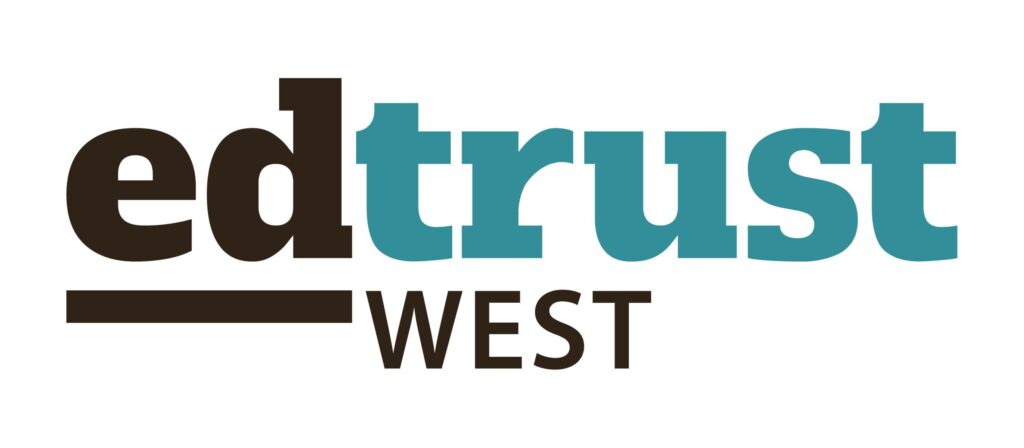Source: Cal Matters
Few goals in education have been as frustrating and urgent as the effort to fix the deep, generational disparity in achievement between the haves and the have-nots in California schools.
It is an article of faith in the K-12 school system that every student — regardless of race, creed, wealth or color — can and should be academically successful. But in measures from standardized tests to dropout rates to college completion, the achievement gap has persisted in cities, rural communities and suburbs, a sign that opportunity is not yet equal for many children in California classrooms.
Over the last decade, prompted in part by budget constraints in the aftermath of the recession, California has initiated sweeping reforms in an attempt to channel more resources to high-needs students and to better level the educational playing field. These and other efforts have, to some extent, improved academic outcomes — but black, Latino and poor students still lag dramatically behind Asian American, white and wealthier students.
That challenge remains, not only a source of political tension, but also a looming economic problem for California.
…
Achievement gaps in earlier grades also play out as students leave the state’s public school system. Researchers with The Education Trust-West in 2017 traced racial, ethnic and income disparities in which students had access and participated in advanced coursework, such as AP classes that let high school students earn college credits early. More black and Latino high schoolers were taking AP courses, EdTrust reported, but fewer than half of them were passing.

